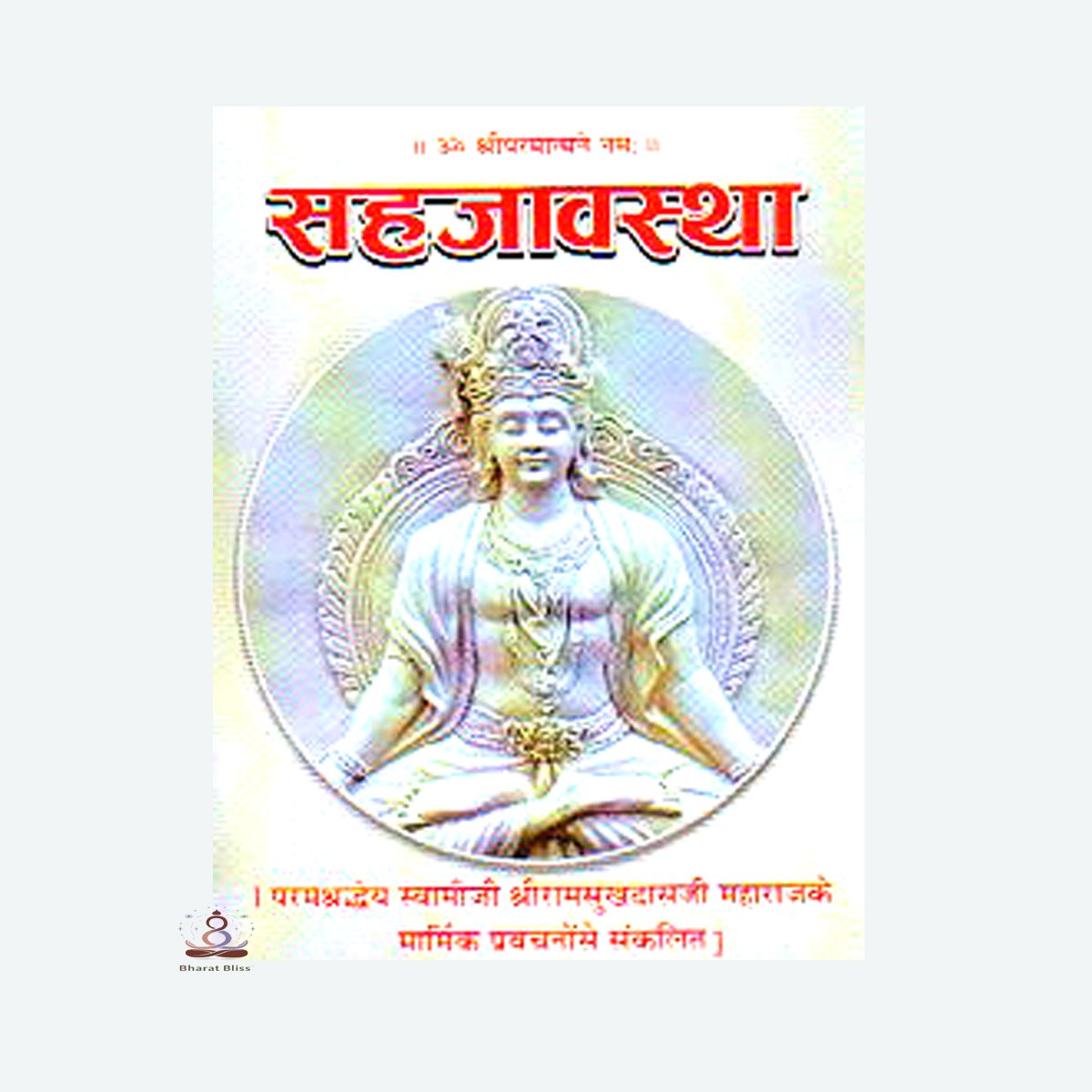Description
Kena Upanishad:
Introduction:
The Kena Upanishad is one of the principal Upanishads and is associated with the Sama Veda. It primarily deals with Brahmavidya (the knowledge of the ultimate reality, Brahman) and the nature of consciousness. This Upanishad explores the profound philosophical question of what powers human perception and action.
Meaning of the Name:
The name Kena comes from the Sanskrit word “kena” (केन), which means “by whom” or “by what”. The Upanishad begins with the fundamental inquiry: “By whom is this world controlled? By whose will does the mind think and the senses function?”
Main Teachings of Kena Upanishad:
-
Who Governs the Senses?
The Upanishad begins with a question about the origin of perception and thought. It asks:-
By whom does the mind think?
-
By whose power do the eyes see and the ears hear?
-
What force enables speech and life itself?
The answer given is that all these are governed by Brahman, the ultimate, all-pervading consciousness.
-
-
Nature of Brahman
The Upanishad teaches that Brahman is beyond the reach of the senses and intellect.-
It is “the Ear of the ear, the Mind of the mind, the Speech of speech, the Eye of the eye, and the Life of life.”
-
This means that Brahman is the hidden force behind all perception and cognition, yet it itself remains unknowable by ordinary means.
-
-
Paradox of Knowing Brahman
The Upanishad states that:-
“He who thinks he knows Brahman, knows it not.”
-
“He who realizes that he does not fully know it, knows it best.”
This paradox emphasizes that Brahman cannot be comprehended through mere intellectual effort but can only be realized through deep spiritual insight.
-
-
The Story of the Gods and Brahman
A symbolic story is included in the Upanishad where the gods (Agni, Vayu, and Indra) become proud of their victory over demons. However, Brahman appears before them in an unknown form and teaches them that their power actually comes from Brahman, not from themselves. Indra, the king of gods, is the first to realize this truth, which signifies the importance of humility and self-inquiry.
Conclusion:
The Kena Upanishad teaches that Brahman is the ultimate cause of all existence, yet it cannot be known through ordinary perception or intellect. True wisdom comes from realizing the limitations of human knowledge and seeking direct experience of the divine.
This Upanishad is a cornerstone of Vedantic philosophy, guiding seekers toward self-realization and the knowledge of the eternal truth
परिचय:
केना उपनिषद भारतीय दर्शन के महत्वपूर्ण उपनिषदों में से एक है। यह सामवेद से संबंधित उपनिषद है और इसमें ज्ञानयोग तथा उपासना का गूढ़ रहस्य बताया गया है। इसका मुख्य विषय “ब्रह्मविद्या” है, अर्थात् आत्मा और ब्रह्म के स्वरूप का ज्ञान।
नाम का अर्थ:
“केन” शब्द संस्कृत से लिया गया है, जिसका अर्थ है “किसके द्वारा”। इसलिए, केना उपनिषद आत्मा या ब्रह्म के ज्ञान के बारे में प्रश्न करता है—”किसके द्वारा यह सृष्टि संचालित होती है?”
मुख्य विषय-वस्तु:
-
इंद्रियों का संचालक कौन? – इस उपनिषद की शुरुआत इस प्रश्न से होती है कि मनुष्य की इंद्रियों, मन, वाणी और प्राणों को कौन संचालित करता है? उत्तर में बताया जाता है कि यह सब “ब्रह्म” के द्वारा होता है, जो समस्त सृष्टि का आधार है।
-
ब्रह्म का स्वरूप – यह उपनिषद बताता है कि ब्रह्म हमारी इंद्रियों और बुद्धि की पकड़ से परे है। वह देखने वाले की दृष्टि, सुनने वाले की श्रवण शक्ति, सोचने वाले की बुद्धि और बोलने वाले की वाणी से परे है।
-
ज्ञान और अज्ञान का भेद – जो व्यक्ति यह सोचता है कि वह ब्रह्म को जानता है, वह वास्तव में उसे नहीं जानता। और जो यह स्वीकार करता है कि वह ब्रह्म को नहीं जानता, वह वास्तव में उसे जानने के करीब होता है।
-
ब्रह्म की अनुभूति – इस उपनिषद में एक कथा आती है जिसमें देवताओं को यह भ्रम हो जाता है कि उन्होंने स्वयं अपने बल से विजय प्राप्त की है। तब ब्रह्म उन्हें अपने स्वरूप का ज्ञान कराते हैं और दिखाते हैं कि वास्तव में वही सृष्टि का आधार है।
उपसंहार:
केना उपनिषद हमें यह सिखाता है कि ब्रह्म को न तो इंद्रियों से देखा जा सकता है और न ही तर्क से समझा जा सकता है। वह केवल आत्मसाक्षात्कार के द्वारा जाना जा सकता है। इसका संदेश है कि ज्ञान का अहंकार छोड़कर विनम्रता और भक्ति के साथ आत्मा और ब्रह्म के रहस्य को समझने का प्रयास करना चाहिए।
यह उपनिषद वेदांत दर्शन का एक महत्वपूर्ण स्तंभ है और आत्मज्ञान की दिशा में एक अमूल्य ग्रंथ है।
Only logged in customers who have purchased this product may leave a review.













Reviews
There are no reviews yet.